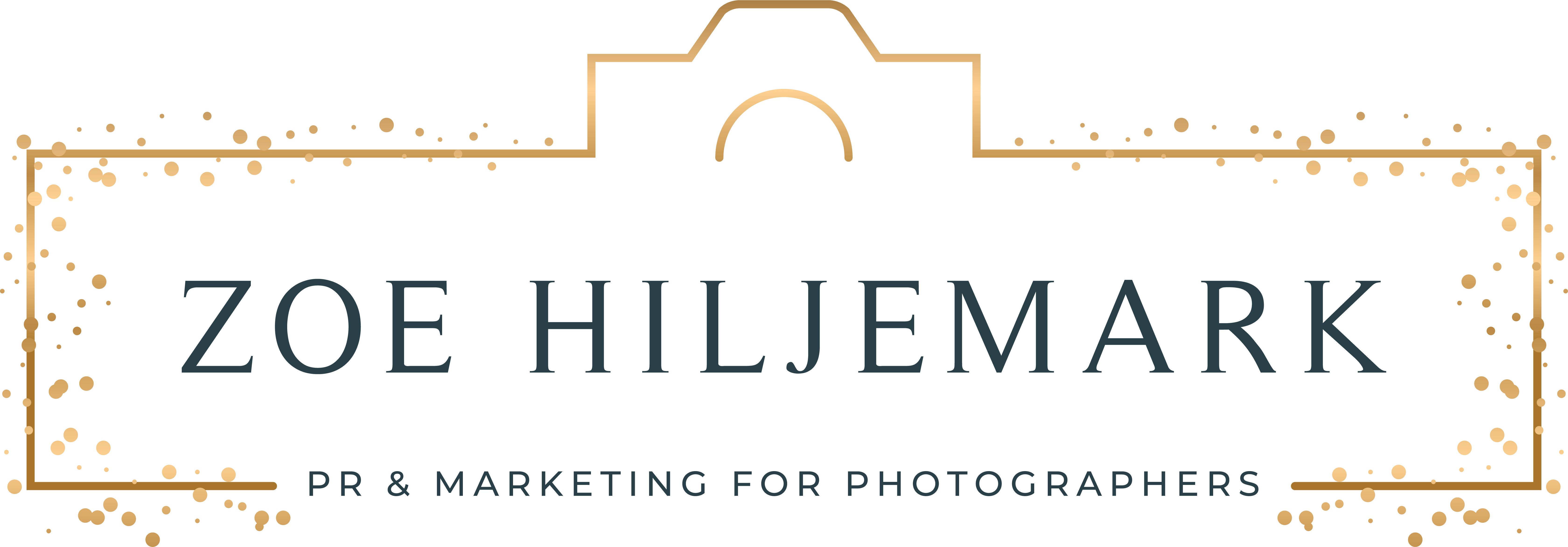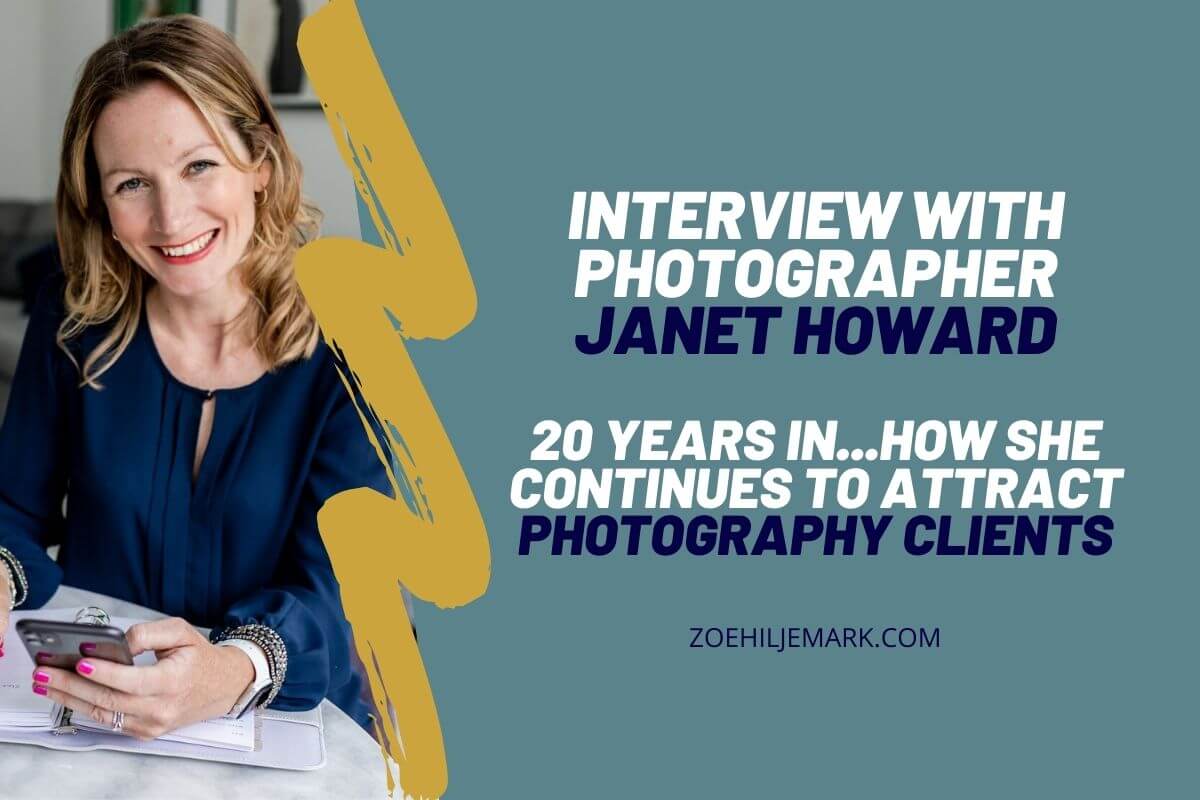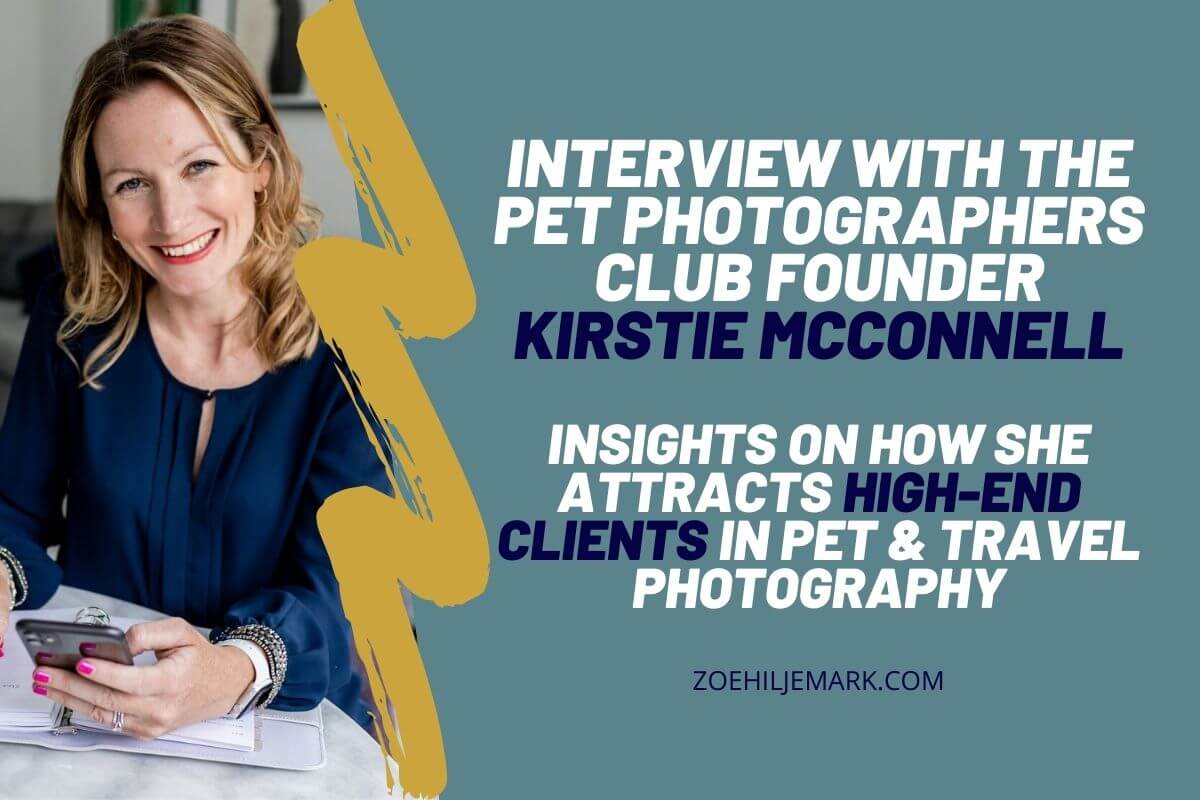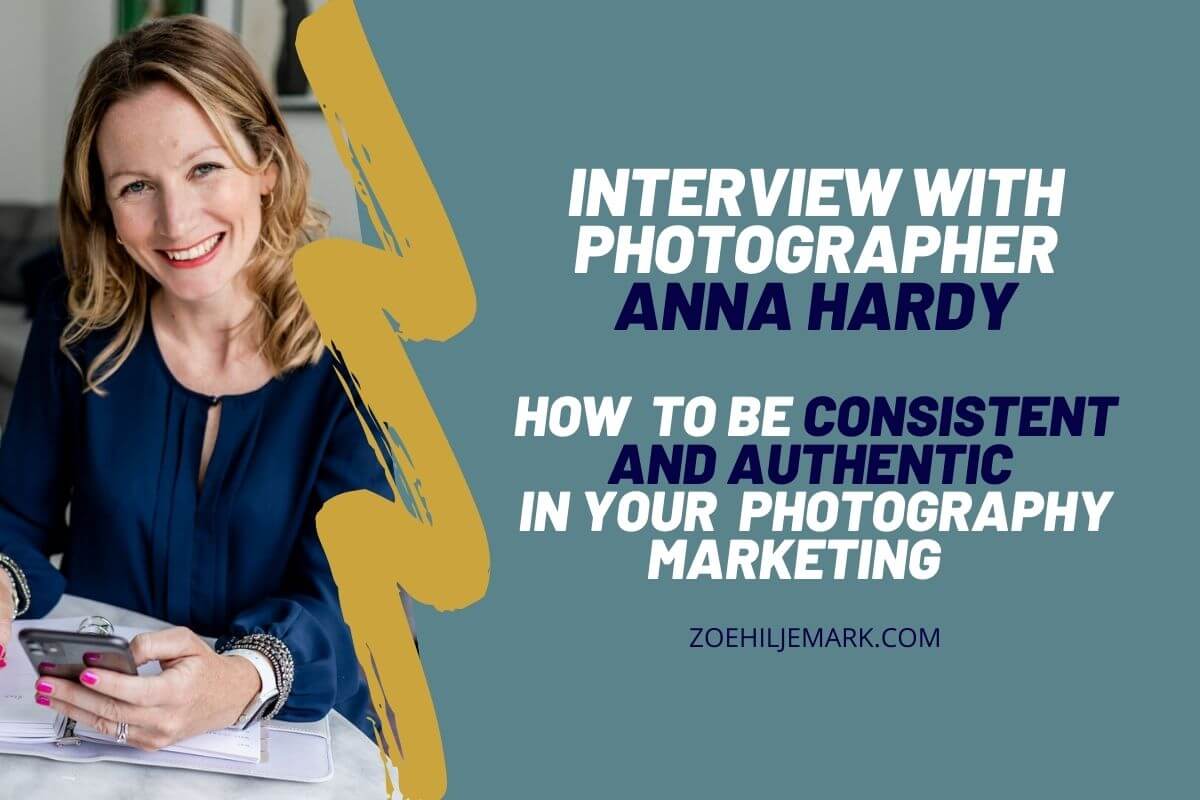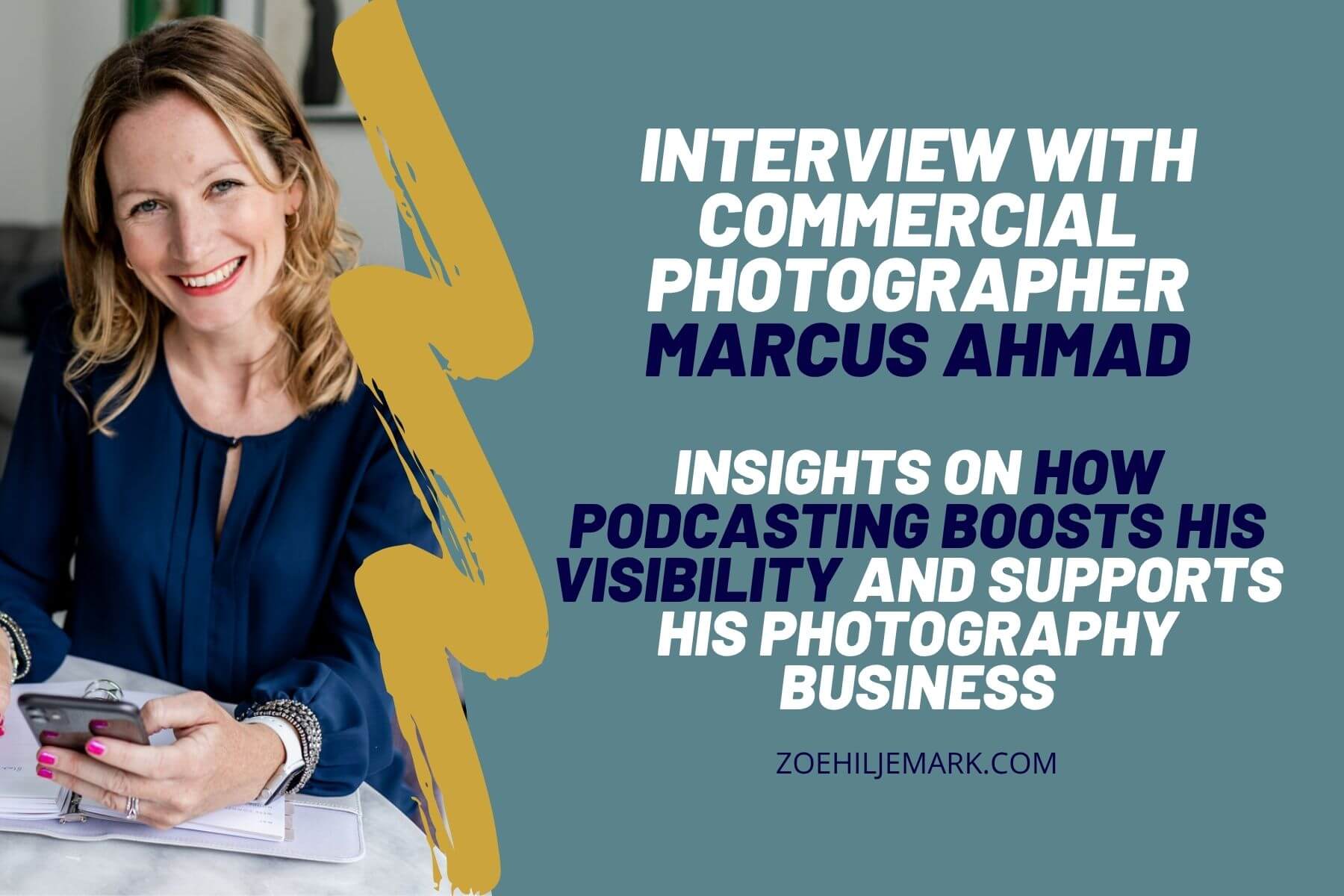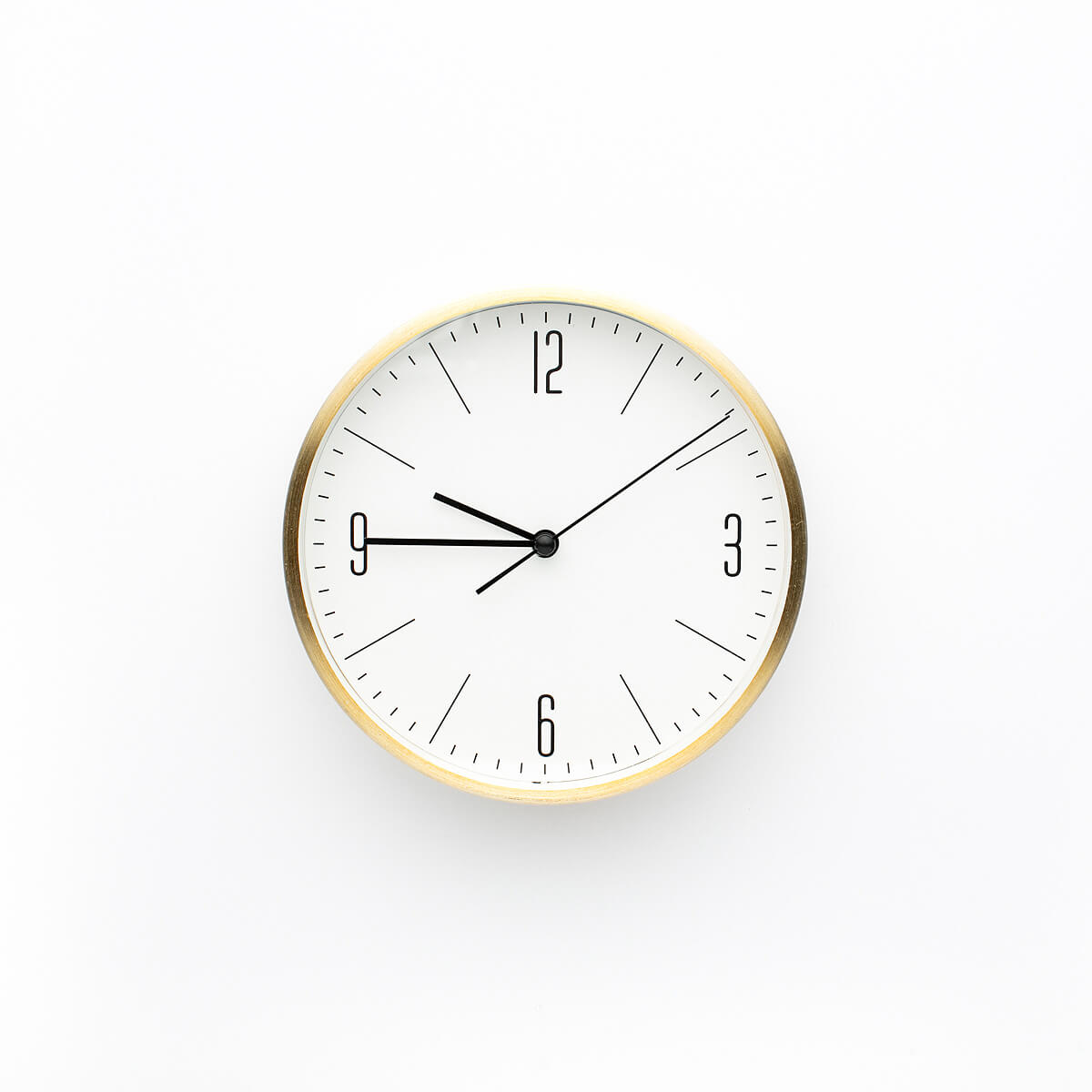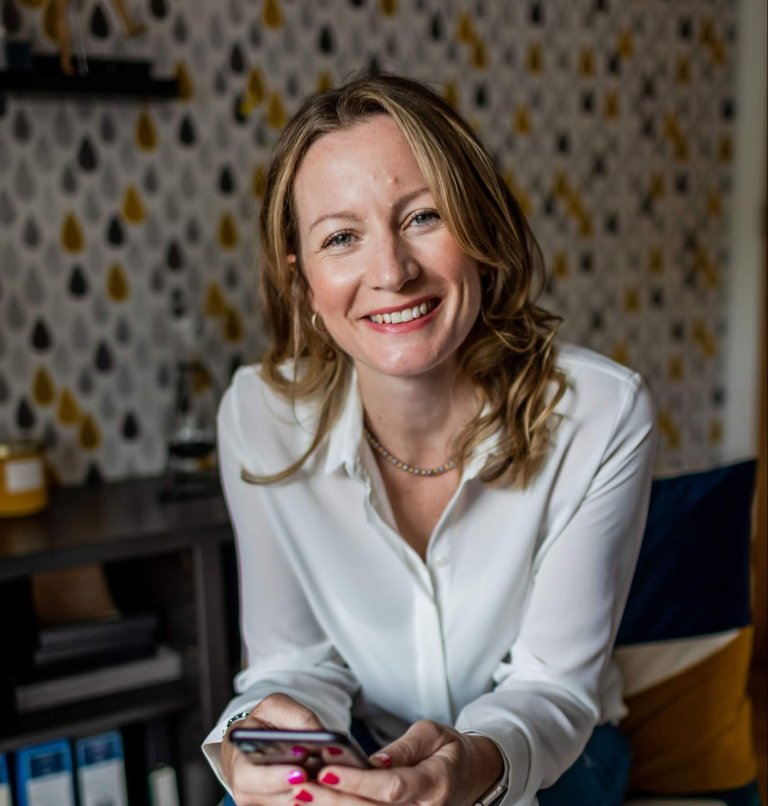Interview With Janet Howard: 20 years in…How She Attracts Clients
This is the fourth of a new photographer interview series. I hope you enjoy it!
Click this link or on the video preview below to watch or read the full transcript of a recent chat I had with Janet Howard – a US-based professional photographer from Atlanta, USA who is celebrating her 20th year in business this year.
Introducing Janet Howard
Over the past two decades, Janet has had the opportunity to work with celebrities like Rick Ross, Cardi B, Tracee Ellis-Ross and Idris Elba, and her photos have been published in magazines like Vogue, Vanity Fair, The Knot, Buzzfeed and Huffington Post and more.
In her own words, Janet is “absolutely addicted to images that show real emotion. As a portrait photographer, she photographs everything from weddings and newborns to families and headshots, and as an editorial photographer, she also covers events, works with brands and photographs products.
As well as this, Janet is also a coach to photographers and is the author of a book called The Photographer’s Business Guide,
Throughout this article, you can also see examples of her work. Visit her website for more.
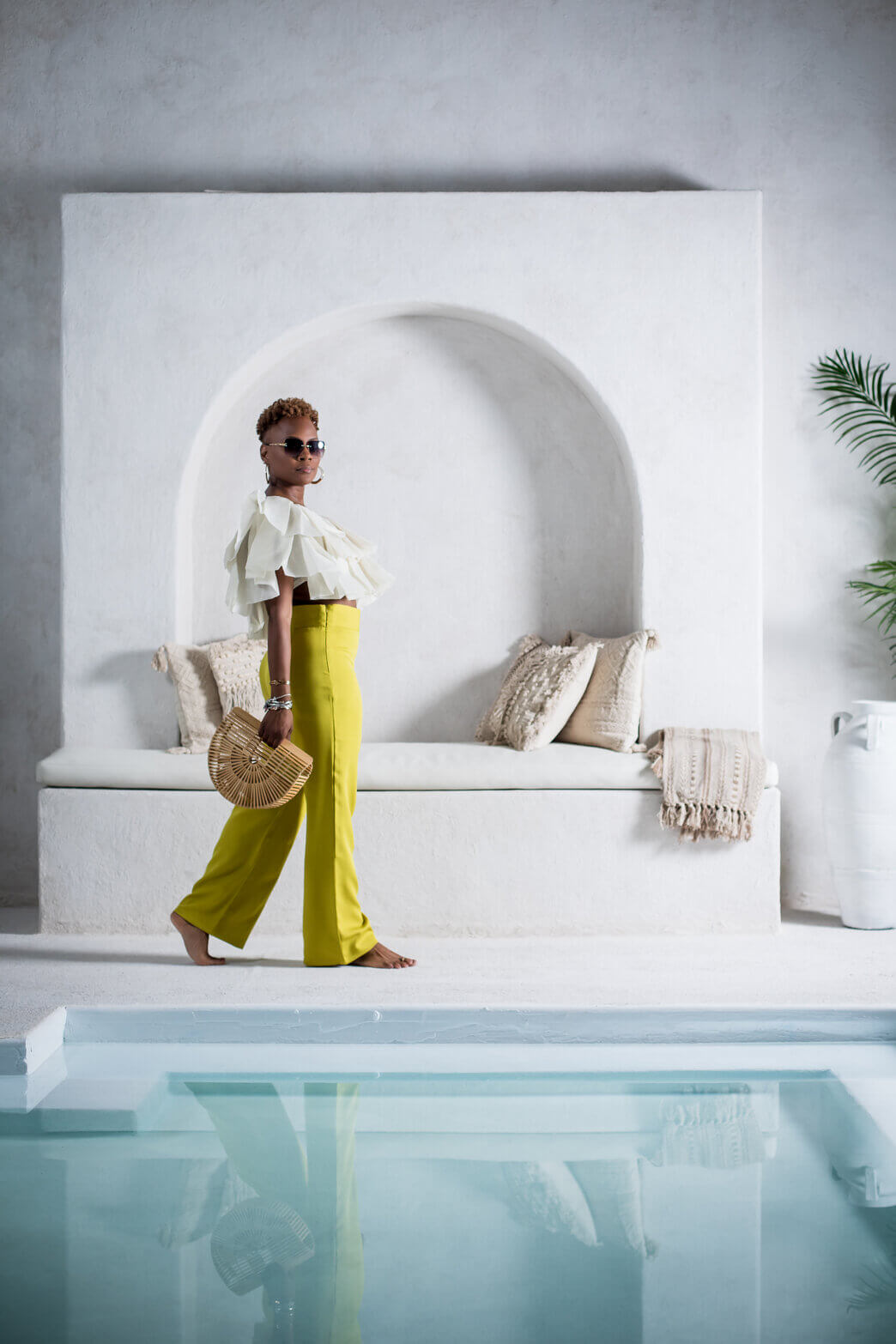
How Janet has grown her editorial photography business
In the interview, Janet (pictured below) discusses her long-lasting career in photography, reveals what she gets up to behind the scenes to promote the business, and is honest about some of the marketing challenges that she has faced.
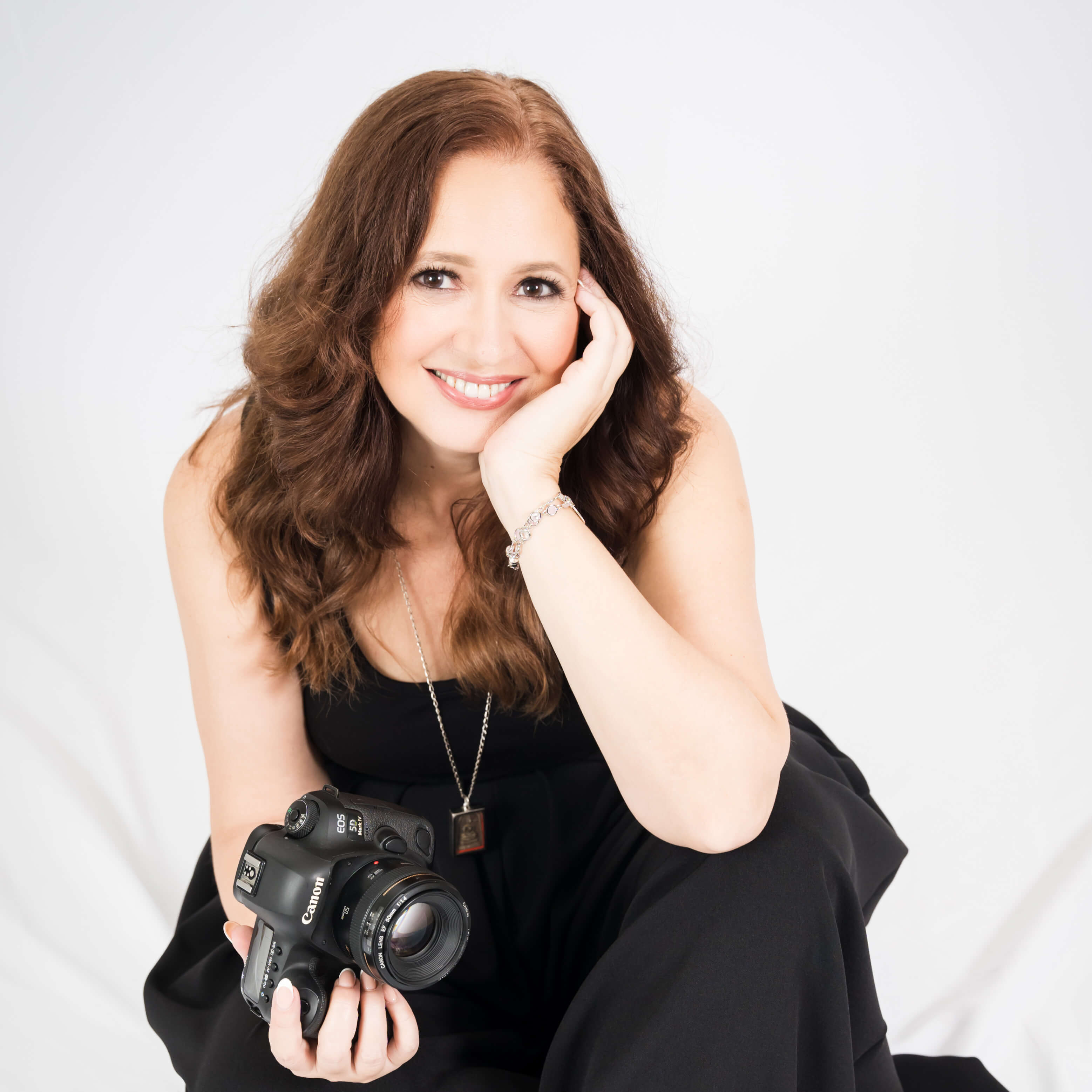
How she markets her ‘emotional’ editorial photography services
In this insightful episode, Janet Howard dives into the key elements that have shaped her journey in photography.
She emphasises the balance between quality and consistency in her work, explaining how maintaining high standards while delivering regularly can make or break a photographer’s career.
Janet also shares how experimenting with new techniques and styles keeps her creativity fresh, which is essential for standing out in a competitive market.
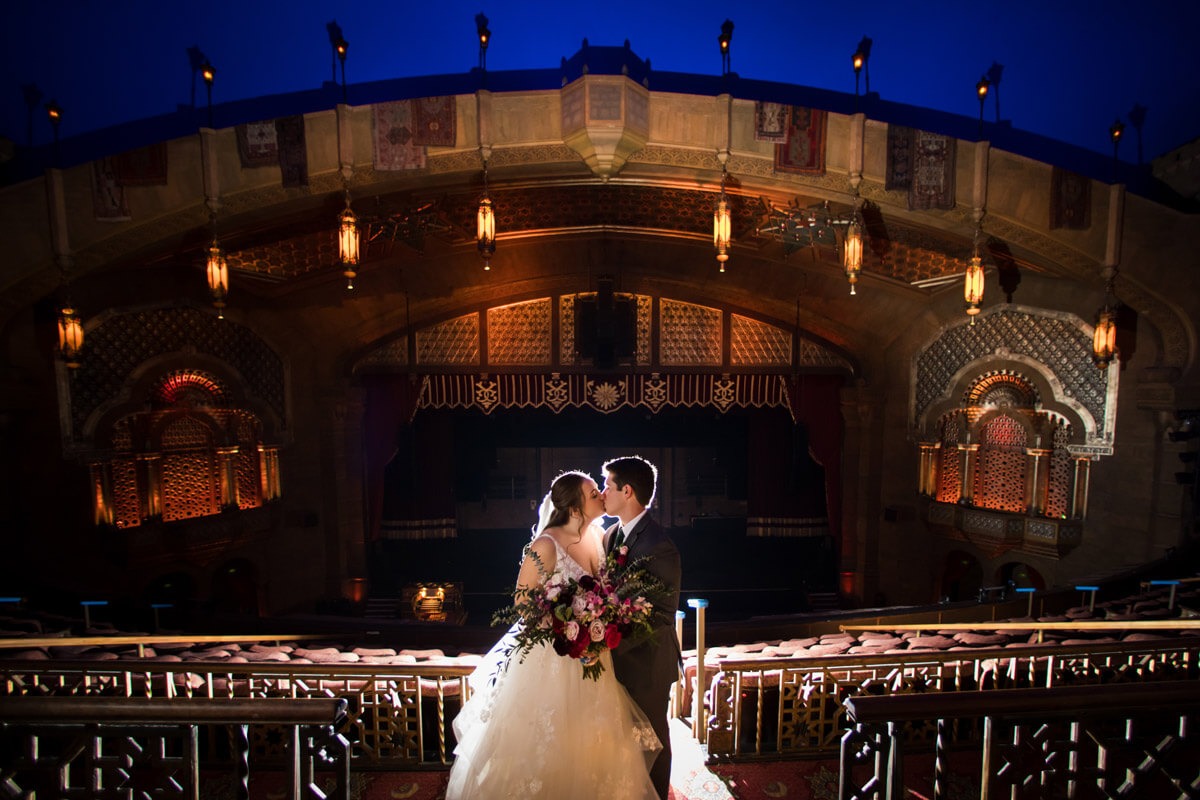
Moving beyond just capturing images, Janet discusses her evolution into photography education and coaching, helping others harness their talent and business potential.
She stresses the importance of knowing one’s ideal client and adapting to industry changes through continuous learning.
Ultimately, she believes that visibility is often more impactful than perfect marketing, encouraging photographers to prioritise being seen and heard to build a successful, long-lasting brand – advice I, as a PR and visibility consultant to photographers, am fully on board with!
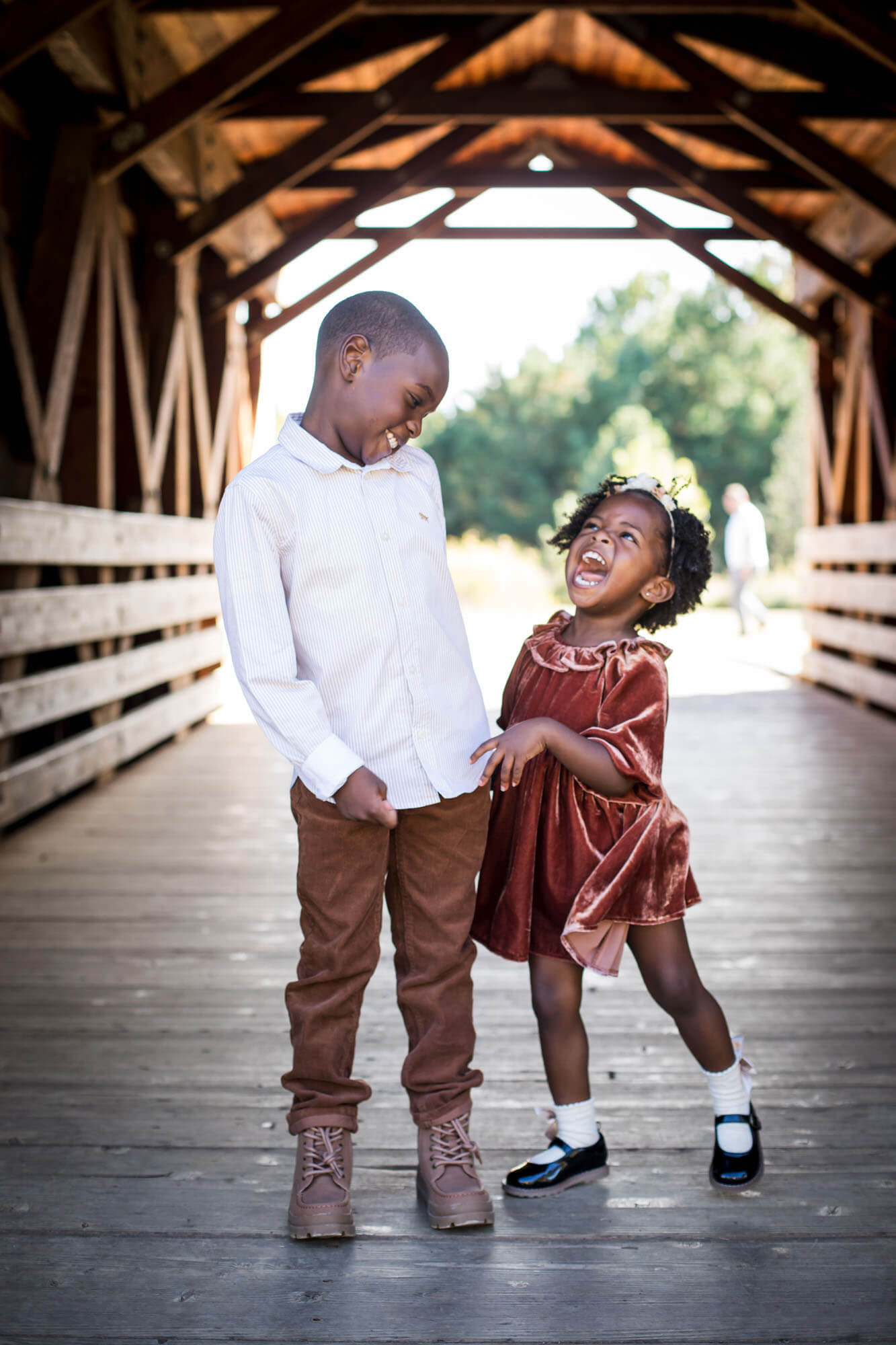
Listen to the interview and subscribe for more
Catch the interview with Janet Howard here on my YouTube channel or click on the video below.
If you enjoy this, please like, comment and share on the video, and subscribe as there will be more photographer interviews, and interviews with photography industry experts, coming soon!
Huge thanks again to Janet for taking the time to speak to me and for being so honest and open about her business and how she chooses to market her photography services.
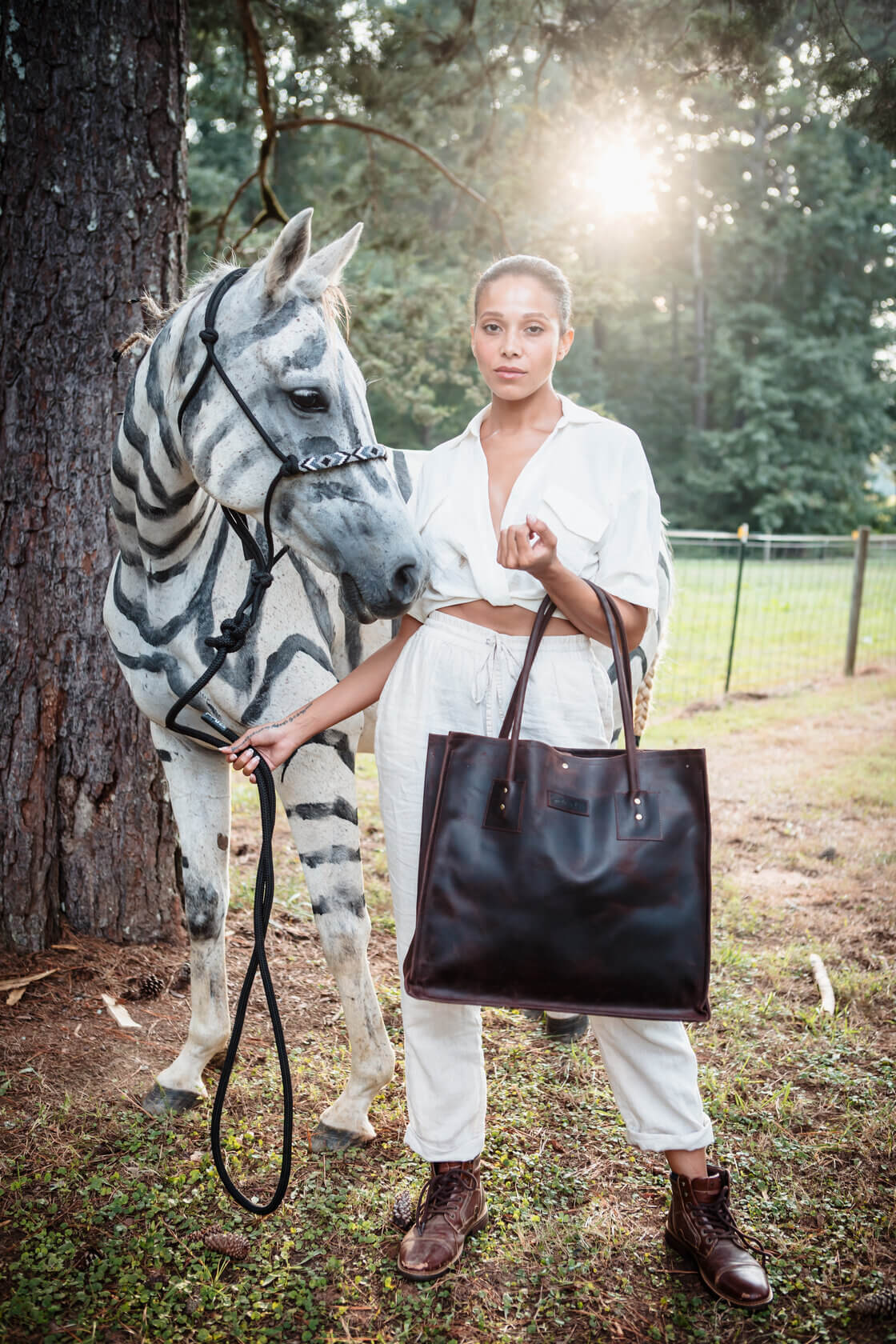
LINKS & FURTHER INFORMATION
Janet Howards’ website
Janet Howard’s Instagram
Janet Howard’s Facebook Page
Janet’s book: The Photographer’s Business Guide
Video Transcript
Zoe: Today, I’m excited to speak with Janet Howard. She’s a professional photographer based in Atlanta, USA, and she’s this year celebrating her 20th business year. She’s had the opportunity to work with celebrities and has had her work widely featured in publications such as Vogue, Vanity Fair, The Knot, Buzzfeed, Huffington Post, and loads more.
In her own words, Janet is absolutely addicted to images that show real emotion and she calls herself an emotional and editorial photographer. She photographs everything from weddings and newborns through to families. She does headshots, events, brands, products, the lot. So I’m really excited to find out more about her marketing in this interview.
She’s also a coach to photographers and is the author of a book called The Photographer’s Business Guide. So Janet, welcome and thank you for being here today.
Janet Howard: Thank you so much for having me.
Zoe: So what I’d love to do, Janet, is actually find out about you, how you started with all of this. So let’s dig into it. How did it all begin?
Janet Howard: Yeah, you know, for the longest time I loved photography and really didn’t even think about it as a career. And I was working in technology. And at some point that startup that I was working for folded. And that was when I really made the decision to dive right into it.
Zoe: So it was almost like the circumstances created the opportunity and then you just went for it. So, how do you go from finding yourself thinking like, gosh, I need a new career here to getting your first client. Can you remember your first client? How did that come about?
Janet Howard: Well, I had been working with another photographer for a while. I had been second shooting and helping with the studio. And 20 years ago, I was in a small town and we were doing newspaper advertising. Like, now I can’t even imagine. There’s not that many people, I think, advertising in small-town newspapers right now. But that was our first effort.
Zoe: Yeah, that’s the joy of marketing, isn’t it? It’s always evolving and well, I can speak from experience as well because I’ve been in the game 20 years or so myself in the marketing and PR side and, gosh, what I do today is so different to what I was doing 20 years ago. How things evolve!
And so that presents a challenge, of course, doesn’t it? Because as a business owner, you’ve got to keep up. So how have you evolved and how have you kept up with the changing needs of the market and also with regards to marketing specifically?
Janet Howard: Yeah, I really feel like you can’t be too locked into anything. As a photographer, we’re kind of always evolving everything. We evolve our skill. We evolve our style. You have to be constantly looking at what’s working and what’s not working and what’s happening on social media now.
And you know, I’m even in the process of reevaluating what I’m doing on social media because of Instagram moving toward video, it’s looking at a whole different way of presenting what I do as a still photographer.
Zoe: Yes, it’s always a challenge, isn’t it, to play to the algorithms and to do what it wants. And yeah, as you’ve rightly said there, it’s evolved much more to video in more recent years, hasn’t it? And whilst that’s something that you guys as photographers can definitely do with ease, it’s changed. It’s changed the game for photographers like yourself. So that’s interesting.
Do you find yourself being less active on social media now as a result or you are just continuing to be present, but just evolving the format of what you’re doing, would you say?
Janet Howard: Yeah. Yeah. I’m continuing to be present, but just sort of looking at new formats, new ways of presenting things, leaping a little bit more into tikTok, then Instagram. I mean, Instagram, I think it’s going to be there for a while. Showing stills is still, I think, really powerful on Instagram. It’s just adding to that, I think, so that you can draw in new people and not only be having the same clients see my work over and over.
Zoe: Yes, reaching new audiences remains a challenge, doesn’t it? For anyone, whether you’ve been in this business a long time or whether you’re just starting out, it’s reaching new people and finding new eyes to discover your work that is ever the challenge with marketing. Can you recall what you used to do back in the day to get that, beyond the advertising that you mentioned in print publications?
Did you invest in building a community around your business? For example, did you somehow leverage the local community and get people involved? I presume you’ve targeted a local audience initially?
Janet Howard: Yeah, absolutely, that’s still my number one source of referrals is networking and referrals from past clients.
You know, I think as a business owner, your priority has to be producing the best possible work that you can for the clients that you have. And when they feel strongly about it, they kind of do your marketing for you. I mean, not completely, unfortunately, no, but yeah. Yeah, most of the business that comes into me now, and even for most of the past 20 years, is referral-based because it’s so important for people to hear from friends of theirs that they had a good experience.
And so networking was really important; getting to know other vendors, particularly for weddings, that were good at what they do. And I’ve had a really core group of vendors that I’ve been working with for the last, say 15, 15 to almost 20 years for some of them. We’ve really grown together.l We can collaborate on things and we can, you know, show off our best work with each other and refer business to one another. And it’s been really such a great blessing for my business.
Zoe: Yeah, that sounds fantastic. And then, like you say, you all win in the end, don’t you? Collaboration, I think is really important. As you said, community and networking. I think that is so true and I think if photographers don’t find themselves doing a lot of that, then they’ll see the impact of that actually in their inquiries and sales. Community is such an important part of it. Despite all the online marketing that you can do, I think face to face marketing, that’s fundamental.
So what kind of businesses have teamed up with in that way? Either back in the day or now?
Janet Howard: Planners in particular. And really any vendor that works in the industry that you’re working in. So primarily then, I was targeting weddings and I joined a collective, a place that was called Studio Wed where, brides and grooms could come and meet vendors and there were a certain number of vendors that were there and we got to know each other and work with each other and that was really effective.
Zoe: Okay. So that’s interesting. So you started off with weddings. Is that right to say then? And then your website now has so many different offers in terms of who you work with. So can you talk to us about how the business has evolved from weddings then to what it is today?
Janet Howard: Yeah, so I love variety. You know, I know that there are some photographers that really want to just do one thing and be great at that one thing, and I think that is awesome. I love the variety and in fact, people ask me all the time, what’s your favorite thing to shoot? And I say, whatever the next thing is, you know, whatever my next shoot is is my favorite because I look forward to all of them.
I feel like I would be getting bored if I was doing only weddings or if I was doing only families, you know, it’s also helped in the evolution of my business because in the beginning I was focused on weddings. Well, now those people have families. And in fact, some of the weddings that I shot, they have kids who are graduating high school now. Like they’d followed me and I followed them for the last 18 to 20 years.
Zoe: That’s amazing. And they still come to you all those years later. Fantastic.
Janet Howard: Yeah, it’s really wonderful. And so I’ve, you know, it’s a process of making friends too. I feel like particularly with the way I shoot, because I’m so emotional, it’s a very personal business and it’s a very personal connection that I have with my clients. So we’ve become friends over that time too.
And they not only have families, but they have jobs. And in those jobs, a lot of times they need, you know, headshots or they need promotional work or they have corporate events or, or they refer me to the person in their company who does the corporate events. So it really has been organic growth. And the fact that I’ve been willing to do all of those things, and wanting to embrace all of those things, has taken me in different directions, Where I think if I was focused on only doing weddings or only doing families, I wouldn’t have.
Zoe: The fact that you’re passionate equally in doing all of these different things is intriguing because as you quite rightly said, some people prefer to have one thing that they are, you know, the ultimate expert on and then other people like yourself, well, you’ve got so many passions and interests. That’s actually the connection, I guess, throughout all of your work, the people element?
And indeed you involve pets as well, but it’s ultimately that interpersonal connection, whether it’s a mom and her new baby, or it’s a family, and then also you’ve got the commercial side where you’re photographing brands, presumably. So that sounds really great.
How did you get your first commercial work? You’ve mentioned photographing celebrities on your website. You talk about brands and events. How did you find yourself in that world? Is it purely, again, just off the back of existing clients introducing you to the right people, or how did you seek out that work proactively?
Janet Howard: Yeah, it’s referrals and the brand work that I do, it comes to me from two different directions. One is that I love photographing people with, you know, whatever the product is, but also I think if you want to cultivate that, you get really good at shooting objects too. So whether it’s a flat lay at a wedding where you’re shooting stationary or florals or decor it’s shooting those sorts of things at events. That really, created my link to that world.
I was shooting an event, and I was just shooting the decor, and the event promoter from one of those shoots really liked my work and hired me to shoot another celebrity party. And once those referrals start, then it really expands in that world.
Zoe: Wow. Yes. Once you get the right connections, how exciting it’s become, I imagine.
Janet Howard: And you know, the funny thing is though, that I think a lot of people are like, Oh, how do I get into this world? For me it happened organically, but I think allowing it to happen organically just by doing good work and producing good work is the right approach to it because there’s so much trust that’s involved at that level, when you’re working, you know, particularly with celebrity events or with big brands, they need to be able to trust the work that you’re doing.
And so, just going up to somebody and handing them a card is never going to work because they have to know that you’re going to be there on time. They have to know that you’re going to produce really good results in the time that you say you’re going to produce them. And so really everything boils down to that one aspect.
Zoe: Yeah, trust. Gosh, it’s such a big thing, isn’t it in business? Because like you say, why would anyone invest in you without having complete and utter trust that you’re going to deliver? So that’s an interesting segue into the content side of things, because I talk a lot about building trust through content in the work I do with photographers.
I see you’ve got an active blog on your website, but to what extent do you invest in content to do that trust-building as well, or is it more just interpersonal connection and those referrals as we’ve been talking about? I see you do invest in blogging. So I’m thinking that you must do that for that reason too. Am I right?
Janet Howard: I do. And, you know, blogging is kind of a blessing and a curse for me because I do enjoy doing it. I like writing so I like the process of writing a blog. I like, you know choosing images. It’s just the time thing that is always difficult for me. So it’s inconsistent. I would say that.
I wish I was more consistent with getting blogs out there, as I do think it’s really important for marketing because if you’re good at writing blogs and doing SEO for those blogs, that has brought me a lot of business. When people are looking for a venue and they happen to see, you know, an image of mine that’s tagged with their venue name… I think that blogging is a great source of outreach for photographers where you can help people find you.
Zoe: Yes. And I completely endorse that view as well, because I believe that a strong website presence with a packed blog full of useful information, references, articles, tips and insights to how you approach your photography commissions and shoots. I find that really, really valuable because you’re getting backlinks. You’re hopefully the vendors that you’re tagging, they’re also tagging you perhaps, and as you mentioned before, you can support each other, but yeah, being found on Google is incredibly powerful, isn’t it?
And it could be a key driver of important traffic to your website, which hopefully generates leads and sales. Well, I couldn’t tell that you aren’t consistent with blogging because of the way visually it’s so beautiful on your website and you’ve got a lovely layout there with your articles and your galleries and things.
Janet Howard: Oh, that’s great.
Zoe: I think we can all find flaws in what we do because there’s always more we can do, isn’t there, as small business owners? So, if we haven’t been blogging consistently, we might think, Oh, I really need to do that. But actually, to the outside world or someone looking in on your website, they may not even notice that you haven’t blogged that consistently.
So it’s so easy to find flaws in what we’re doing, but you’ve been doing a great job. And the fact that you enjoy writing obviously helps as well. I imagine. Have you ever had anyone support you with that or is it always very much you and you’ve done everything in the 20 years or have you had a team over that time?
Janet Howard: I have. There have been a couple times where I’ve had someone helping me with both blogging and social media. I had one person for a while where she was really just doing the blog layouts, which is the most time consuming piece of it. And then I would do the writing and choose the images. So that was a huge help.
But I’ve taken it on myself again. I had someone else to do social media, you know, helping with Instagram and that sort of thing. And that ultimately didn’t work out either. I feel like you’ve got to have a really good system and, in particular for my work, there are a lot of events and things that I shoot that I need to keep confidential or I can’t put on my social media and that really complicates things with having someone else do the work for me.
So ultimately I decided it’s still better for me to probably take it on and be a little bit more inconsistent and be able to present the images that I want and in the way that I want.
Zoe: Yes, so you’ve had a team and, and then now you’re doing it yourself. How many hours in the week are you working in your business and how much of that time is spent on marketing would you say?
Janet Howard: Oh gosh, I’m at my desk for generally 10 hours a day, almost every day. I’ve gotten better though at… I really understand when I’m tired. And so for me, luckily I can take a break in the middle of the day. If I feel like it, when my brain starts to get tired, I really am getting better at listening to what’s going on in my body and in my head and where I’m feeling resistance and just walking away and like go work out or go for a walk I work a lot.
I get up very early and start working and I work as long as I can every day. And I really only take days off when, when I’m really feeling like I need to. Cause there’s just so much, there’s just always so much to do.
Zoe: And I’m presuming that’s everything from the editing, the client communications, like we’ve said the marketing. Yeah, it’s a bit of everything? So, how much of that time is marketing, would you say? I mean, just to give the listeners of an idea of how much time you’re investing in marketing in your business, it would be interesting to know roughly, needn’t be exact.
Janet Howard: Yeah, overall, I think I probably spend 20 percent of my time on marketing.
Zoe: And are you doing email marketing at all? We’ve talked about blogging already, but do you have an audience that you email blog articles to, for example? Is that a key part of your marketing?
Janet Howard: I don’t really. The only thing I do with email marketing is for my mini-sessions. So I have a list of people for mini-sessions and I’ll market mini-sessions to my email list. Yeah, but, otherwise, I haven’t been using it but I also have a very good group of my core clients that we’re always in contact on, you know, Facebook and Instagram.
So I really haven’t, because I feel so connected to them in other ways. I haven’t really felt the drive to do email marketing yet.
Zoe: Yes, understood. So it’s a Facebook group that you are in, that you run or is it like a local network perhaps that someone else runs? How, how does that work?
Janet Howard: No, it’s actually just really being friends with them on Facebook.
Zoe: Oh, okay. Being connected to them on a personal level. Yeah.
Janet Howard: Mm hmm.
Zoe: Okay. Yeah. Well, fantastic that you’ll feel so connected to those who are interested in what you’re doing. And by no means do you need to add on any strategies into your marketing that you don’t feel you need. It sounds like you are a very busy lady as it is!
So you do a whole host of sessions. Do you find yourself doing more of one type of session than another? I mean, what do you find yourself doing more?
Janet Howard: You know, in the last couple years? It’s again, it’s sort of an organic flow with my business and I just kind of follow it. I have done much more commercial work and corporate work in the last couple of years and my family business is always there, but I’ve sort of gravitated a little bit more toward corporate than I have toward weddings at this point
Zoe: And you did weddings right at the beginning, you mentioned, so you’ve been doing that for 20 odd years. So do you feel you’ve done everything that you could possibly do in weddings? How do you kind of bring new approaches to, to that when you’ve done so many?
Janet Howard: So I have a rule for working at weddings where I want to try something a little bit different every time. And that might just be, sometimes it’s during the downtime during the reception where I’m like, what if I take a light and shoot this in a different way?
Or, you know, try something from a different angle. So I’m always really trying something new and sometimes it works and sometimes it doesn’t. And sometimes I’ll try something, you know, even during portraits and I’ll be like, Oh, let’s let’s try this. And if I haven’t done it before, I’ll just be up front and tell people, like, I don’t know if this is going to work, but I want to try it. And, and we’ll see. So we might’ve wasted a couple minutes, but hopefully it’s going to work out.
Zoe: I think that’s fun, isn’t it? Having fun with the client and encouraging them to be a bit open to new ideas as well. And pushing yourself creatively must, like you say, keep yourself stimulated and keep you interested in doing this 20 years on.
Janet Howard: Yeah, it does because I never want to get to the point where I’m just like really we’re doing this again, you know. I don’t think it would be like that anyway because my work is so personal, and because I do feel such a personal connection, but I know that there are a lot of photographers that struggle with that time during the reception when, you know, you’ve got a four-hour reception and you’ve got a half hour of events happening and then you’ve got three and a half hours of people just standing around talking. How do you make that interesting? How do you not get bored? And that’s why I came up with my philosophy of trying something new. There’s no reason to ever be bored when you’re shooting a wedding, never.
Zoe: Absolutely not. I can imagine your brain’s in creative overdrive all the time. So, it’s almost the opposite challenge, isn’t it? You must have so many ideas and things that you can experiment with and do. So as a creative, yeah, it’s probably harder to rein those ideas in than to actually find yourself struggling? That’s all very interesting.
Do you see yourself doing photography in the years ahead? How do you see your journey now? Cause you’ve started coaching for photographers and that’s obviously added another side to your business as such, and you’ve got the book for photographers, do you want to tell us a little bit about that, how it’s evolved into that and where you see yourself going in the years ahead?
Janet Howard: Yeah, a lot of the coaching and the writing has come about because of thinking about the future because I’m thinking, I don’t have any desire to quit doing this anytime soon, because I love photography. I still really love it. I don’t see that fading anytime soon, but I also really want to build for the future.
And am I going to be 75 and still shooting weddings? I don’t think so. You know, so at some point I’m going to have to transition to something else. And the education is something that brings me so much joy, so that’s why I started to write the book.
So I started the coaching, writing the book. Here it is, by the way, the photographer’s business guide. It’s available on Amazon and that was really the first step. But a lot of the educational content that I’m focused on is business-related because I feel like photographers get so focused on images and creating great images, which is great. I mean, you need to do that, but sometimes we overprioritise the images and forget about the business aspects, which is really going to keep you going.
That’s the part that keeps you going for 20 years. It’s not creating good images. It’s making sure that you can pay your taxes and pay your bills and be profitable and learn new marketing techniques. You know, all of the things that are going to keep you going are the things that a lot of photographers tend to deprioritise in favour of just the images.
Zoe: Yes. That’s something I see a lot as well, which is why I’m on a bit of a mission myself to make marketing more of a priority in the minds of photographers, and hence this interview series, and why we’re talking about it. Hopefully, by doing interviews such as this, we’re shedding the light on how successful photographers have invested in the marketing and have really prioritised that. Because for me, again, it’s like such a fundamental piece. So we share the same view.
Is there anything that you would advise as a takeaway or tip for anyone listening in regards to the marketing beyond what we’ve just said there about making it a priority? Is there anything specific you personally have either found particularly effective in your marketing or something like a strategy that you would recommend that any photographer considers investing some time and effort into?
Janet Howard: Oh, that’s such a great question. And I think the priority for me is just producing great work. And being consistent in the way you produce the great work, you know, being on time and being reliable, getting work done by the deadlines. Those are the things that create trust for people and make them want to refer you to other people. That’s really the basis of it.
But for marketing, I think the most important thing is just continually learning and evolving. And I know that there are so many more people who are better at marketing than me. I mean, that’s how we got connected because, I was following you because want to get good advice on marketing. And I think that goes for really every aspect of your business but particularly with marketing because things change so quickly, whether it’s social media platforms or the evolution or discontinuation of blogging or Tik TOK, or, you know, there’s so many new ways to reach people.
The people to learn from are the ones that are spending their time on it. I’m spending my time on photography. I want to learn from others about how I can keep changing. And, I think as a photographer, you could probably seek out one aspect of your marketing to change at least every year.
Zoe: Interesting. Keep evolving, keep doing what you’re doing, but don’t try and master loads of different strategies all at once because you’re just going to get overwhelmed and then kind of give it all up and neve want to show up online, I guess!
Janet Howard: Right, exactly. And I see it all the time. I’m pretty active in groups for, you know, beginner photographers and people that are just starting their business, and at least once a week, if not more, I see somebody say, I don’t know if I should quit because they hit a wall. They put their photography out there and they use the field of dreams model of marketing, which is just, you know, if you put it out there, people will come. And they don’t!
It’s not as easy as people think it is. Marketing is a real skill and we tend to be surprised. I think a lot of us are surprised as photographers when we put stuff out there and the phone’s not ringing off the hook.
Zoe: It a bit of an injustice really, isn’t it? Because yes, your work could be absolutely incredible and still people don’t either see it or don’t react to it in the way that you would hope. It’s a crying shame, genuinely.
Janet Howard: Right. Oh, you know, the one thing I was going to say, probably the best advice is just to know who you’re marketing to. And I’m a big advocate of creating your ideal client avatar and knowing who that person is and knowing where they are, where they shop, what they see, what they’re active in, and that’s where you can reach them.
Zoe: Yeah, again, great advice there because ultimately if you don’t know that, you don’t know where you need to show up, what you need to say, how you’re going to reach them and that good stuff, which essentially is the foundation of what you’re doing in your marketing communications, isn’t it? So another great tip there.
Oh, well, Janet, thank you so much. It’s been lovely to chat to you. Thank you so much for sharing all of that great advice. And it’s been really interesting to hear a little bit of your journey and how you’ve mastered photography over a period of two decades, which is truly inspirational and then to be now evolving it as well into something slightly different, into the education space.
I wish you all the best with all of that. It sounds fantastic. And I hope you continue to have great success with your photography. Thank you so much for sharing everything with us today.
Janet Howard: Thank you so much. It’s been such a pleasure talking to you.
